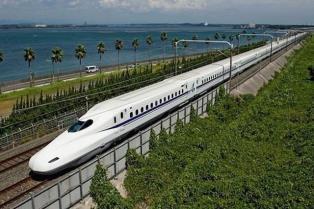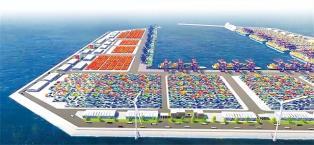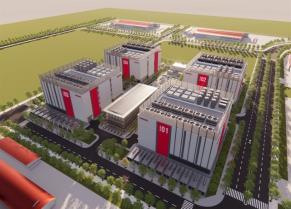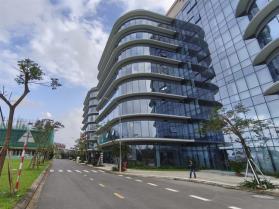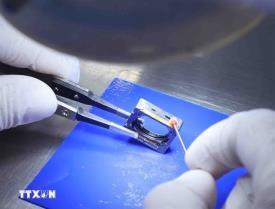In just the first ten months of 2025, Hà Nội recorded $3.86 billion in newly registered and additional FDI capital, nearly triple the level of the same period last year and far exceeding the city’s annual target.
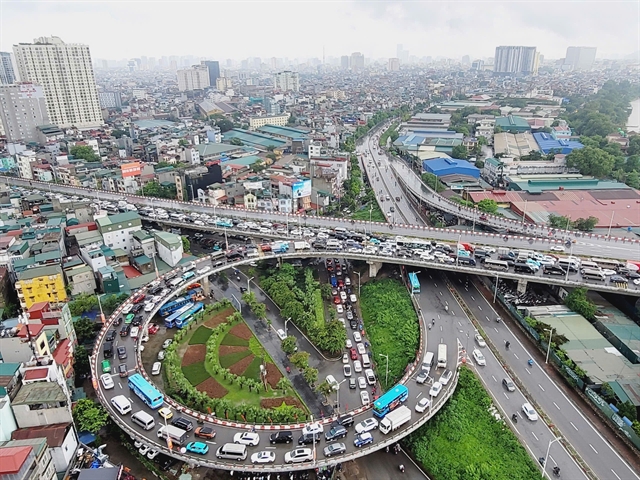
HÀ NỘI — Despite global economic uncertainties and the lingering effects of the COVID-19 pandemic, Hà Nội has emerged as one of the country's most dynamic foreign direct investment (FDI) destinations between 2020 and 2025 and is now setting its sights on a new growth trajectory through 2030 focused on innovation, technology and sustainability.
According to the Hanoi Department of Planning and Investment, from 2020 to mid-October 2025, the capital city attracted more than US$15.6 billion in FDI.
This impressive figure reflects not only the resilience of Hà Nội’s business environment but also the city's commitment to administrative reform, infrastructure improvement and investor facilitation.
Notably, FDI expansion projects accounted for nearly 70 per cent of total investment inflows during this period, equivalent to over $10.8 billion.
The high proportion of additional capital investment shows that foreign investors already operating in Hà Nội are confident in the city's economic prospects and long-term stability.
In just the first ten months of 2025, Hà Nội recorded $3.86 billion in newly registered and additional FDI capital, nearly triple the level of the same period last year and far exceeding the city’s annual target.
Of this, more than 83 per cent came from expanded projects, underscoring a strong trend of existing investors scaling up operations, diversifying supply chains and deepening local production networks.
FDI inflows into Hà Nội have followed three clear phases over the past five years. Between 2020 and 2023, global volatility, including the pandemic and disruptions in supply chains, constrained investment, with 2021 seeing a particularly sharp decline to just $1.46 billion.
However, 2024 marked a powerful rebound with $5.63 billion, the highest in five years and that momentum has carried into 2025.
Equally significant, Hà Nội's FDI disbursement rate has consistently stayed above 93 per cent, reaching 97.6 per cent in 2024, among the highest in the country. This indicates effective project execution and close coordination between investors and local authorities, an important factor in sustaining investor confidence
Sectorial shifts
The structure of FDI in the capital city reveals a steady shift toward higher-value sectors.
Real estate continues to dominate, with $1.35 billion invested in smart urban projects, office complexes and high-rise housing in wards such as Cầu Giấy, Tây Hồ, Hoàng Mai and Đông Anh.
Manufacturing and processing industries rank second, attracting nearly $570 million, helping drive technology transfer, job creation and industrial upgrading.
Meanwhile, professional, scientific and technological services recorded the largest number of projects, over 400, highlighting investor interest in digital transformation, R&D and innovation.
Investments have also spread to education, healthcare, finance and business services, areas increasingly favoured by European investors seeking stable, high-potential markets.
Japan, South Korea and Singapore remain Hà Nội's top three investors, together accounting for more than 70 per cent of total FDI.
Japanese firms continue to lead in precision engineering, electronics, logistics and urban real estate, while Korean investors focus on components manufacturing, software development and e-commerce. Singapore and Hong Kong maintain strengths in finance, trade and property investment.
In recent years, growing participation from Germany, the Netherlands and France in renewable energy, education and healthcare projects signals Hà Nội’s growing appeal as a destination for green and sustainable FDI.
Key industrial parks such as Thăng Long, Bắc Thăng Long, Quang Minh, Phú Nghĩa and Sài Đồng B remain at the heart of Hà Nội's industrial landscape, boasting high occupancy rates and modern production infrastructure.
New industrial zones, including Phú Nghĩa 2 and expansions of Đông Anh and Bắc Thăng Long, are being developed to accommodate rising investor demand.
Cumulative FDI in the capital city now totals approximately $71.1 billion, ranking the city second nationwide after HCM City.
Importantly, the quality of investment is improving as capital shifts toward high-tech industries, services and smart urban development, signalling a transformation from labour - intensive to knowledge - intensive growth.
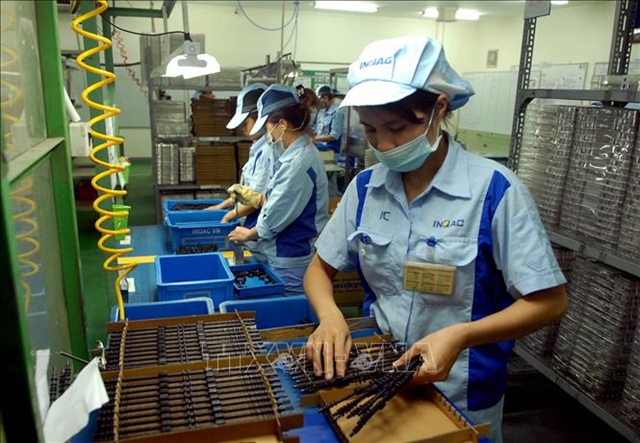
Next chapter
Experts attribute Hà Nội's FDI success to its consistent efforts in digital governance, transparent administration and targeted investment promotion.
The city has moved away from broad-based investor appeals toward a more selective approach, prioritising global corporations and projects with strong technological and spillover potential.
Equally, infrastructure improvements, from ring roads to metro lines and new urban centres, are creating a more balanced, multi-centred investment landscape.
Coordination between departments such as the Hanoi Department of Finance, Planning and Investment, Taxation and Industrial Park Management has streamlined licensing, resolved bottlenecks and accelerated capital disbursement.
For 2026–2030, Hà Nội aims to transition from attracting large volumes of FDI to drawing high-quality, innovation-driven projects. The city's strategy focuses on sectors such as semiconductors, data centres, renewable energy, fintech and creative industries.
Urban development will follow a multi-centre spatial model: Đông Anh – Sóc Sơn – Mê Linh for industry and logistics, Gia Lâm – Long Biên for trade and services and Hà Đông – Hoài Đức for finance and technology.
These plans align with the Capital Region Master Plan and integrate public transport-orientated development (TOD) to ensure sustainable growth and liveability.
With a solid FDI base, clear strategic orientation and strong governance, Hà Nội is poised to enter a new phase, one defined by high-tech, green and intelligent investment.
In this new era, foreign capital will not merely fuel growth but serve as a catalyst for technological advancement, value-chain integration and global positioning, propelling Hanoi closer to its vision of becoming a leading economic, financial and innovation hub in Southeast Asia. — BIZHUB/VNS

